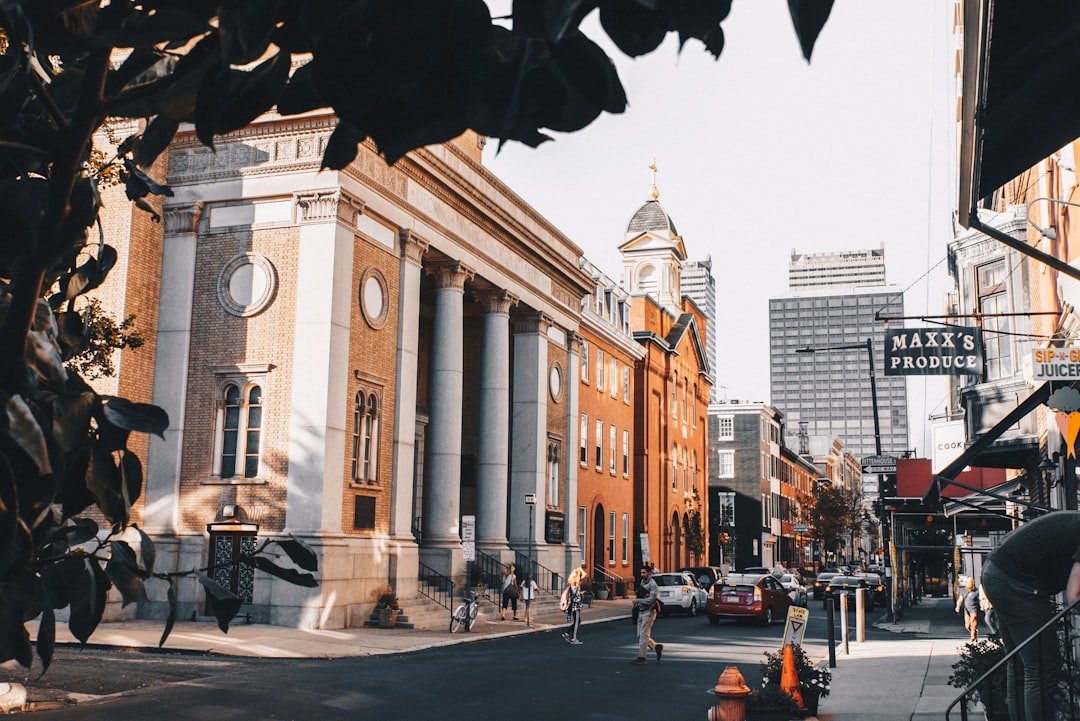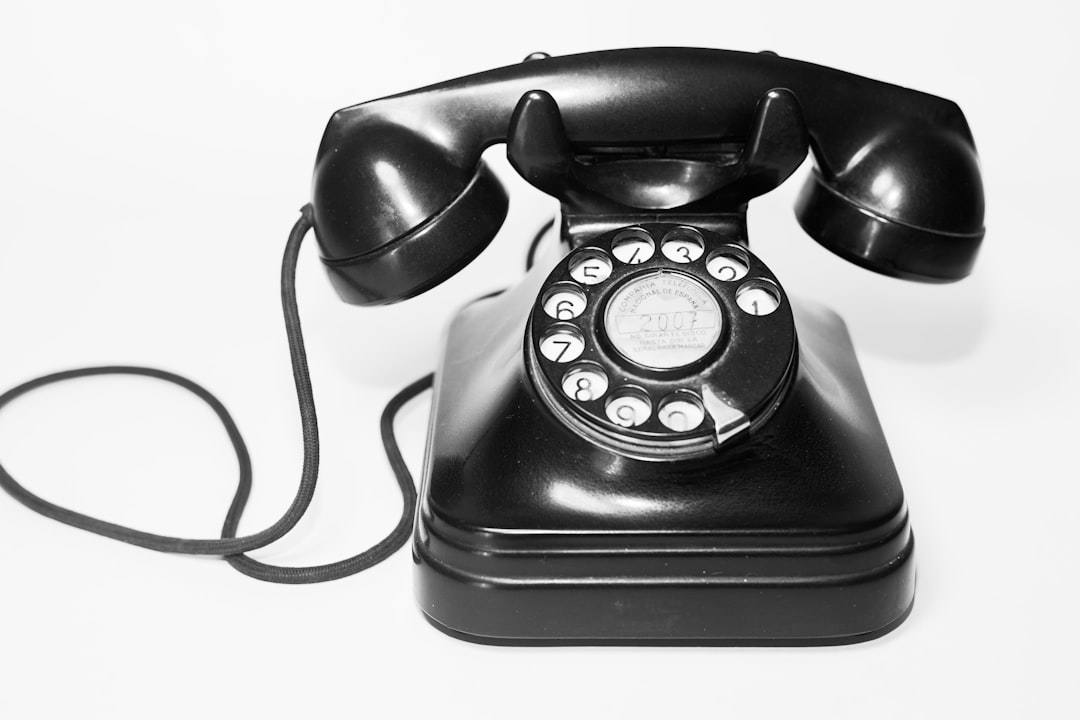Philadelphia residents are facing a surge in robocall scams from out-of-state numbers, with calls posing as government agencies or Do Not Call lawyers. These fraudulent attempts involve false prizes, loans, and legal threats. Do Not Call Lawyers offer vital protection, guiding residents through privacy laws, registering them with the National Do Not Call Registry, and taking legal action against persistent scammers. To defend against these scams, locals should be cautious about sharing numbers, use blocking apps, never disclose personal info over the phone unless initiated by them, and keep security software up-to-date.
In the digital age, robocalls have become a ubiquitous yet unsettling part of daily life in Philadelphia. These automated phone calls, often disguised as legitimate messages, are used by scammers to target unsuspecting residents. This article delves into the most common types of robocall scams reported by Philadelphians, offering insights into the tactics employed by fraudsters. We explore legal protections available through Do Not Call lawyers in Philadelphia and provide practical tips on how residents can safeguard themselves from future robocall intrusions.
Understanding Robocall Scams: A Prevalent Issue in Philadelphia

Robocall scams are a pervasive issue in Philadelphia, affecting residents across the city. These automated phone calls, often disguised as legitimate businesses or government agencies, are designed to deceive and defraud. Common schemes include false claims of winning prizes, fraudulent offers for low-interest loans, and threats of legal action or arrest. Many of these calls originate from out-of-state numbers, making them harder to trace and stop.
Philadelphia residents, particularly those with older telephone services, are often targeted by these scams. The use of advanced technology allows scammers to bypass Do Not Call lists, making it crucial for individuals to stay vigilant and informed. Engaging the services of experienced Do Not Call lawyers Philadelphia can provide much-needed protection against these deceptive practices, helping residents avoid financial losses and legal troubles stemming from robocalls.
Common Themes in Reported Robocalls

Philadelphia residents, like many across the country, have been plagued by robocalls, with a significant number reporting various scams. A common theme emerges from these reports—fraudulent attempts to trick individuals into sharing personal and financial information or providing money under false pretenses. Scammers often pose as government agencies, banks, or even local Do Not Call lawyers, using urgent language and threats to pressure victims into immediate action.
Another recurring motif is the promise of winning a prize or receiving a significant monetary reward, which turns out to be a ploy to collect personal details for identity theft or further financial manipulation. Many residents have also reported calls claiming they’ve won a lottery but must first pay certain fees or taxes to claim their prize—a classic sign of a scam designed to exploit the victim’s desire for unexpected wealth.
Legal Protections and Options for Philadelphia Residents

Philadelphia residents, like many across the country, face a constant onslaught of robocalls, with a significant portion of them being fraudulent or misleading. However, they are not powerless against these intrusions. State and federal laws offer robust protections to combat robocall scams.
One key option for Philadelphia residents is to consult Do Not Call Lawyers in their area. These legal professionals specialize in helping individuals navigate the complexities of privacy laws and can guide them on registering with the National Do Not Call Registry, a crucial first step in curbing unwanted calls. Furthermore, they can assist in taking legal action against persistent or malicious robocallers, ensuring that residents’ rights are protected and their peace of mind restored.
How to Protect Yourself from Future Robocall Scams

Protecting yourself from robocall scams involves a combination of awareness and proactive measures. Firstly, be cautious about sharing your phone number publicly, especially on online forms or social media platforms. Scammers often gather phone numbers through such channels. Consider using a private number or an app that blocks unknown callers. Secondly, never provide personal or financial information over the phone unless you’ve initiated the call and verify the caller’s identity. This includes avoiding pressing any numbers on automated prompts to speak with a “representative.”
In Philadelphia, one effective step is to register your number with the National Do Not Call Registry. Additionally, consulting with Do Not Call Lawyers Philadelphia can offer legal guidance on dealing with persistent or harassing calls. They can help you understand your rights and explore options for taking action against scammers. Regularly updating security software and being vigilant about unfamiliar call patterns are also crucial in maintaining a robust defense against robocall scams.






